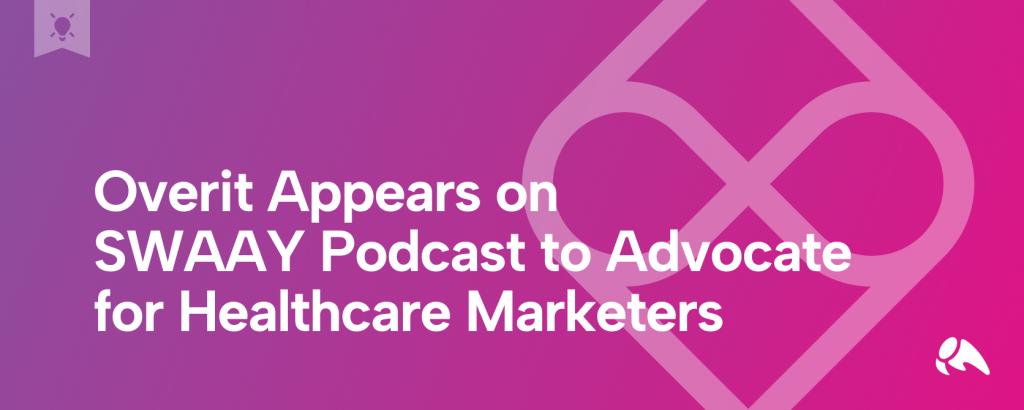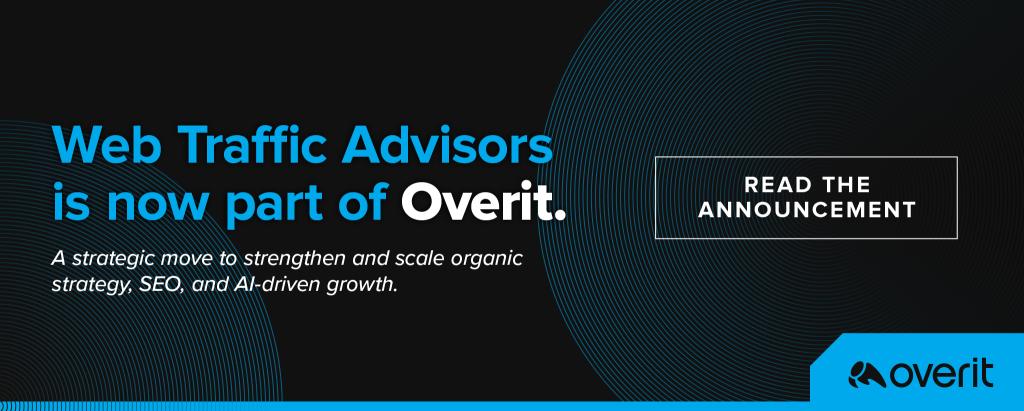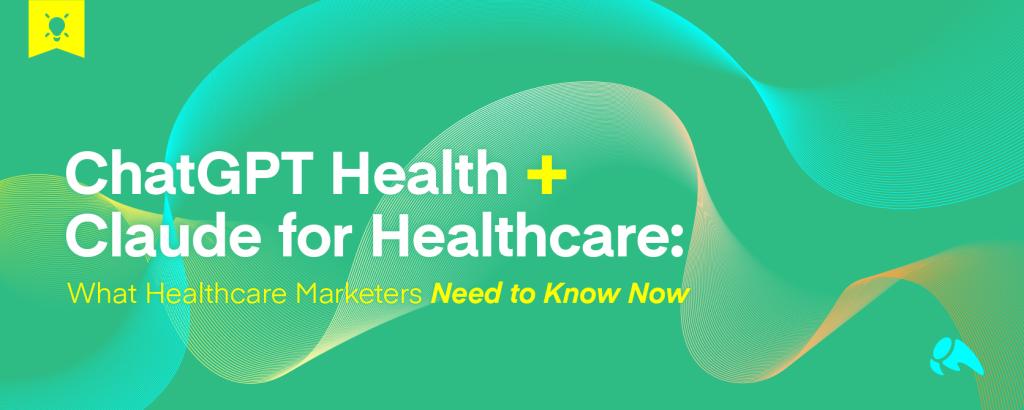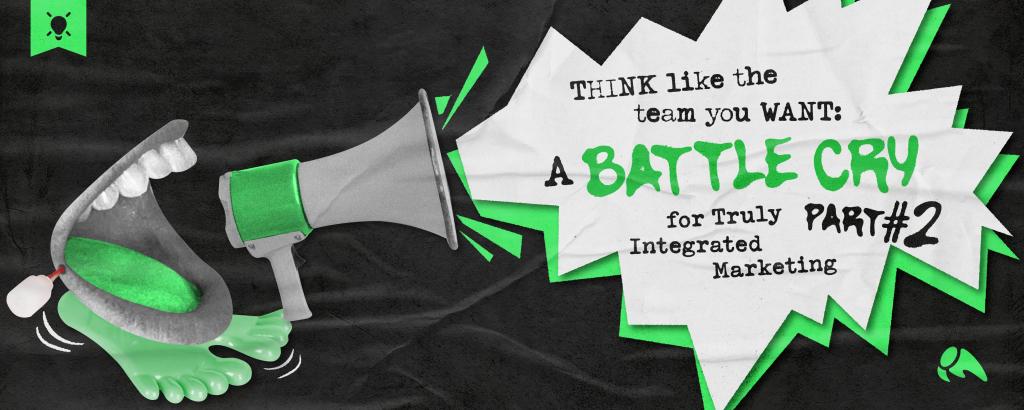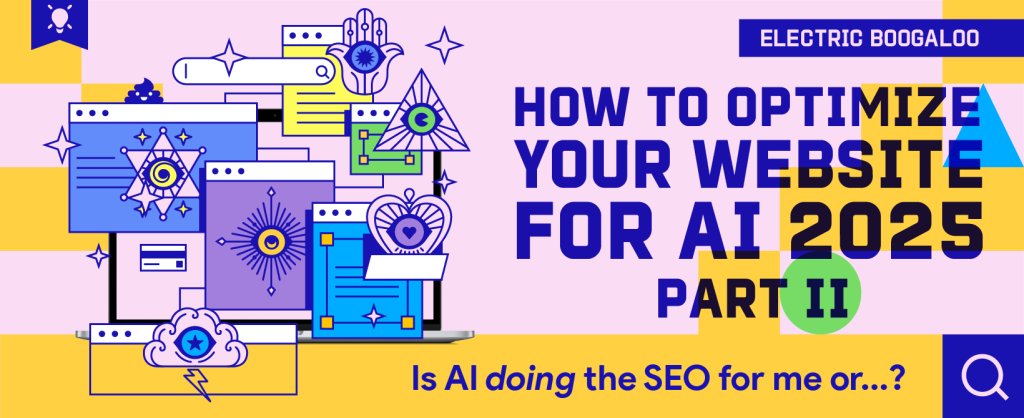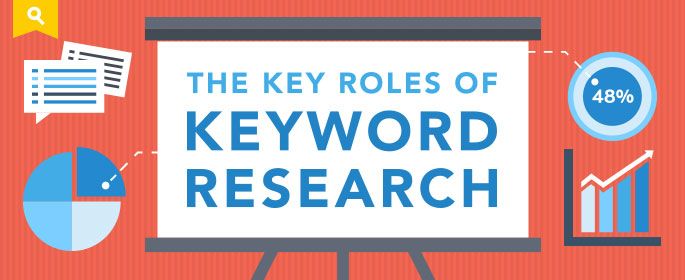
Over the last few weeks, I’ve spent a lot of time looking at keywords. So much time that I’ve found myself dreaming in spreadsheets. It’s just one of those situations where, suddenly, all the keyword research is due for all sorts of projects. For sitemaps, for audits, for on-page optimization, the list goes on.
The thing is, SEO and optimizing for keywords isn’t the same as it used to be. I’m not generating a list of phrases where the rule is “you must insert these phrases, verbatim, onto your page.” It’s more like, “you should be cognizant of the volume and diversity of ways in which people are searching for and finding this kind of content.”
Now, that’s not to say I no longer say things like, “these words should be used to construct a URL” or “these words should be part of your navigation.” I do. When it makes sense. But it’s more than that. It’s about using lists of keywords and the corresponding numbers to generate and understand a more complete picture.
User Intent
More than anything, we should be concerned about making sure that what a page ranks for is what the page is about. Or vice versa. That what the page is actually about, is what it targets. That’s fairly easy for short form concepts like “life insurance” when the page is selling life insurance options. But it’s harder for ideas like “high protein diet” when the page is discussing the side effects of too much protein in a diet.
From a pure volume perspective, “high protein diet” gets around 18,000 searches a month, whereas “too much protein” gets about 8,100. That’s nothing to sneeze at, just a lot less than “high protein diet.”
But it’s not a good match. If the content of my post is a warning against too much protein, it’s not the right fit for a user looking to get lean and mean eating cashews and turkey legs. One could perhaps argue that maybe this content should be put in front of that user. Like the surgeon general’s warning on the side of a pack of cigarettes. Maybe they SHOULD know the risks.
Maybe they should, but it’s not up to Google to decide what people should know related to the topics they are looking for. Google simply is there to show the most authoritative results to match the intent of the query. In some ways, Google does offer access to supplemental content through related searches or Google suggestions, but its primary goal is to connect users directly with what they are looking for – not necessarily what other criteria they should be considering.
In that way, Google is like the friend that doesn’t judge. The one that says, “I’m glad you bought an expensive pair of shoes that will make you happy.” Not the one who says, “You’ll regret that when your mortgage is due.”
The useful thing for us as marketers however is to be able to use keyword research to understand what people aren’t looking for as much as it informs us about what they are searching. This understanding helps keep us from wasting time, energy and space targeting concepts that aren’t in line with true user intent.
Modifying Language
So what are people looking for? That’s the big question behind a lot of keyword research. Especially when it comes to planning information architecture and creating new pages. Quite often, we already know the main idea. For instance, we’re pretty sure people are searching for “life insurance,” but what else do they want? That’s where the tools and Google’s related searches and auto-completed suggestions come in handy. They tell us a lot more about the additional use cases that support a main idea.
A little keyword research in the life insurance space tells us that people are interested in quotes, comparisons, rates, reviews, guides, cost, and coverage, among other things. They also want answers to questions like “what is the difference between term and full life insurance.” This research also helps us see that people are interested in “end of life expenses.” While that’s not the same as life insurance, it’s certainly a related concept worth discussion.
Just a little bit of investigation creates a blueprint. Without much of a stretch, we can see a whole page structure. We can see groups of pages. We can see opportunities for content marketing.
The research gives us the narrative, revealing the thread of thinking that we as content creators can follow. The challenge of page optimization is not to see how many times you can cleverly repeat a phrase, but how to use the questions, modifiers and plain language that reflects what people are searching to provide a thorough examination of a topic. Keyword research helps us identify the variations, synonyms and even synonymous concepts that lend themselves to complete and natural writing.
Site Comprehensiveness
While keyword research helps us define and construct our pages, keywords can give us insight on more than a page-by-page basis. They can help us determine how a site should be built in terms of organization and architecture. They can help us see the clear distinction where our main pages should break out into more granular explorations. By looking at the depth and expanse of a space we can determine the total breadth of content a site should contain to truly address the needs of the user base.
Keywords can help us identify where a single concept like life insurance sprawls out beyond an overview of what the site or the company offers, and into more pages containing deeper information.
The page speaking to life insurance for seniors isn’t the same as the page speaking to life insurance for children. The people buying these products have different needs and interests, not to mention the fact that the products have vastly different coverage, requirements and costs. The research tells us that there is an audience for both of these topics, and while they are part of the main life insurance storyline, they are each their own little sub-plots.
Obviously, the goal is not to create a new page for every version of a phrase. That’s making gateway pages, a technique that got old several years back and started getting slapped down a few years ago. Instead, provide useful information for each variation on a concept that is going to allow users to get as much insight as possible from visiting a website. Meeting user intent is about giving them fast answers when fast answers are appropriate and extensive details where thorough explanations are warranted.
The Highest Purpose
Keyword research done right is primarily about the due diligence of discovering how people are talking about what you do, communicating with them using language that already exists, and doing it in the most helpful and impactful ways. Keyword research is important for page optimization, sure. But it is more important as a function of storytelling. It directs us to understand our users, their mindsets, and the needs within the space, and it allows us to use that knowledge to put together the best content possible.
In doing so, we take our best shot at being found for those concepts, not simply because we’ve positioned our words correctly or in the right order, but because through our research we’ve developed a true understanding of what needs to be said, and the best ways to say it.
